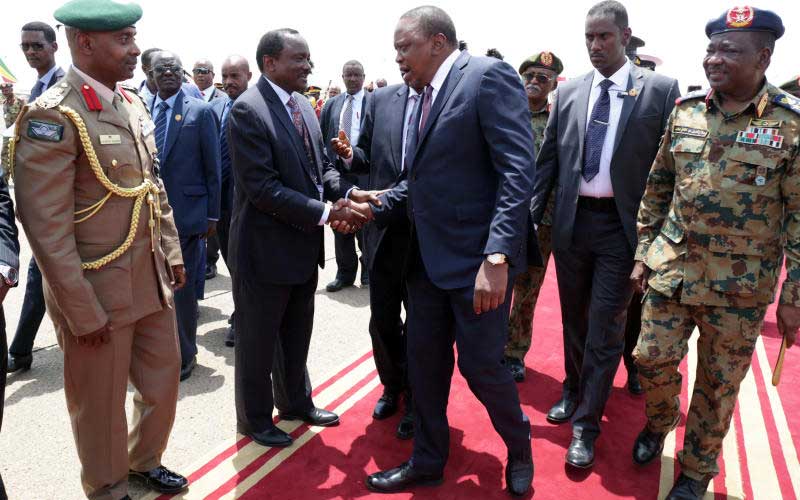
When Sudan’s government increased the price of bread and fuel early this year, the backlash this generated resulted in the overthrowal of President Omar Al-Bashir. For a conceited individual who had been in power since 1989, Bashir never saw it coming.
Yet the inevitability of his overthrowal had been there all along. Bashir’s rule was characterised by military atrocities committed against civilians in the Darfur region where UN estimates 300,000 people were killed. Indeed, the International Court of Justice issued an arrest warrant against Bashir for those crimes. Under Bashir, Sudan was treated as a pariah state.